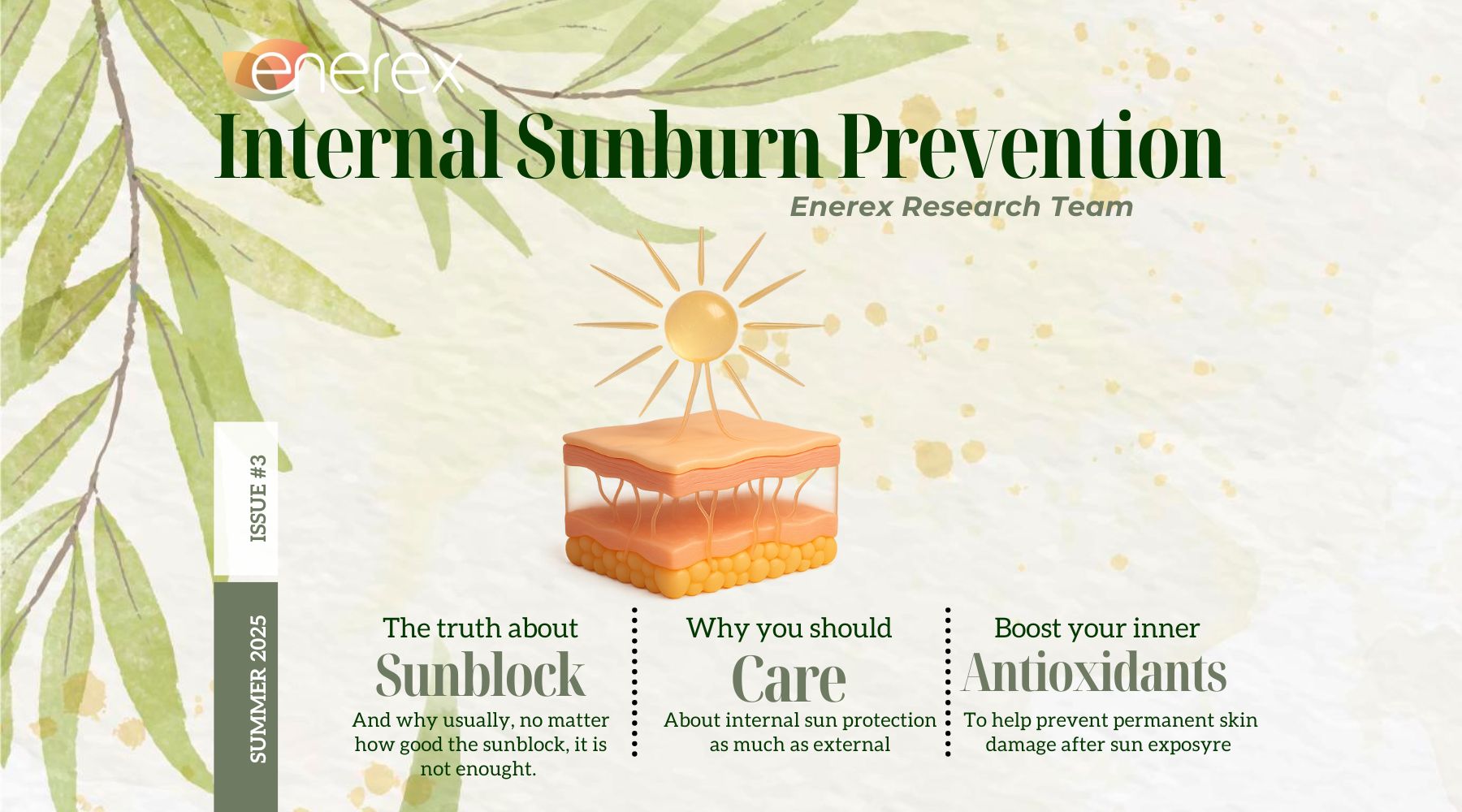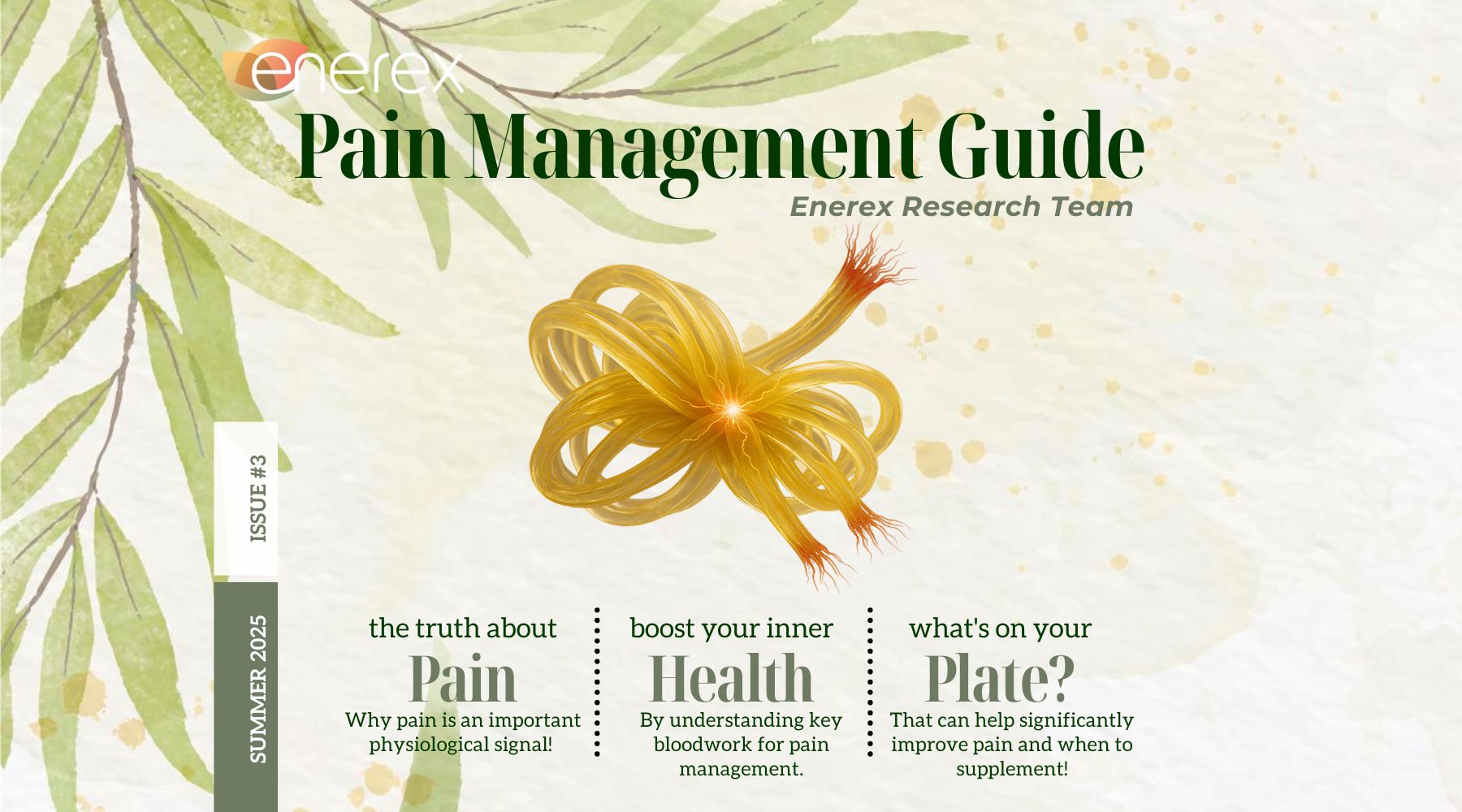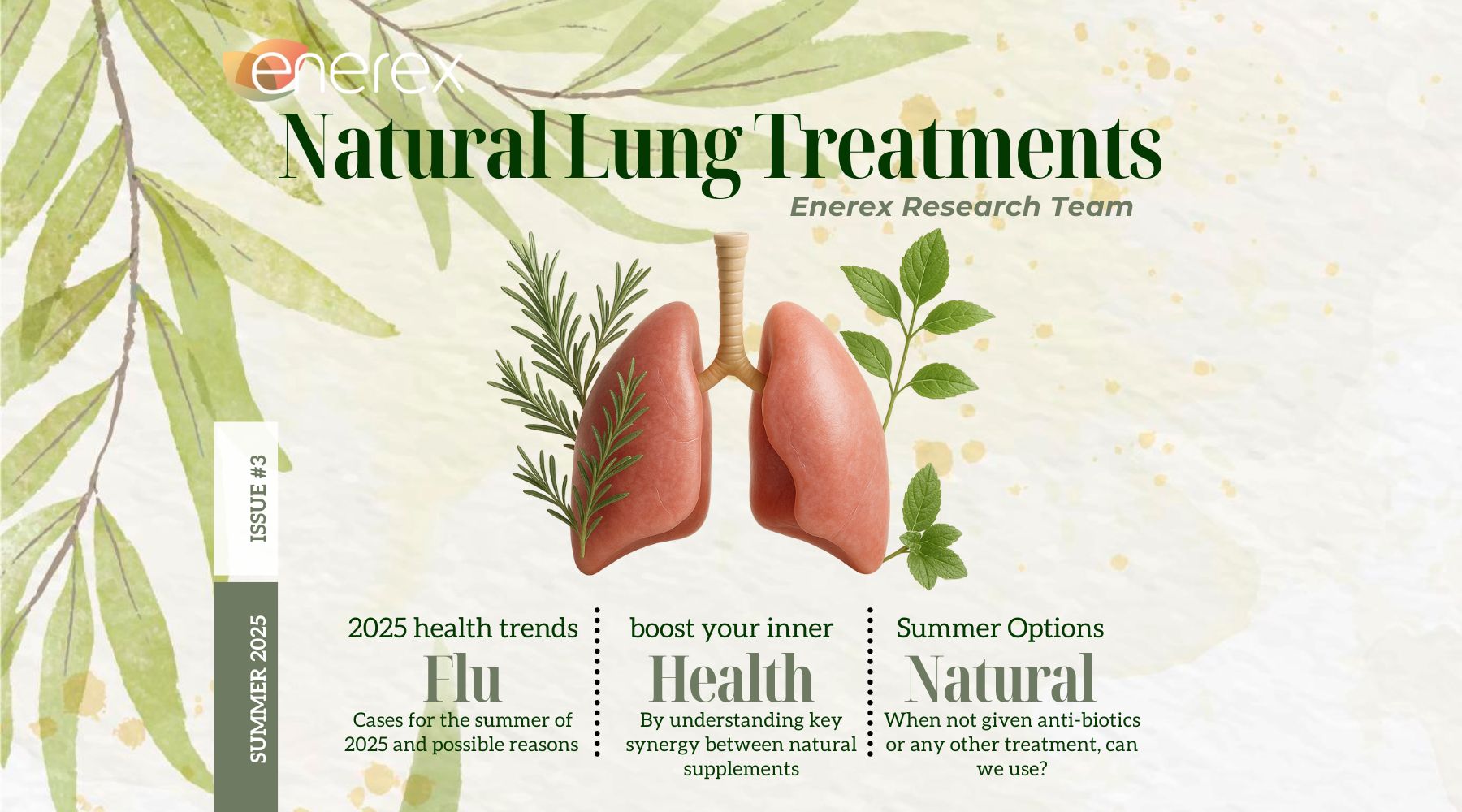How to Naturally Support Collagen Production
Supporting your body's natural ability to produce collagen provides multifaceted benefits. Collagen is the most abundant protein in the body, making up around 25% of our total protein content. A major component of connective tissues includes tendons, ligaments, skin, and muscles (1). There are several key nutrients that naturally support collagen production and quality, and some of the most impressive benefits include skin health, thickening hair and nails, supporting the integrity of your digestive tract, healing joints, and strengthening your bones.

Blog Contents
After we reach age 30, our collagen output naturally decreases (2), this can be seen visually in the skin as a loss of elasticity and youthful plump (formation of wrinkles). It also affects how our body feels in movement, a decrease of quality collagen can weaken our cartilage and we may feel this in our joints. (3)
In order to build collagen, your body needs to make procollagen, which is the precursor to all collagen production. Procollagen is made by combining two amino acids — glycine and proline, along with vitamin C.
Sources of Glycine: Large amounts are found in bone broth, grass-fed beef, pasture-raised poultry, pasture-raised eggs, wild-caught fish, and gelatin. Also found in spinach, kale, cauliflower, cabbage, beans, nuts, and seeds
Sources of Proline: Large amounts are found in bone broth, grass-fed beef, pasture-raised poultry, pasture-raised eggs, wild-caught fish, and gelatin. Also found in cabbage, asparagus, mushrooms, beans, nuts, and seeds
An effective multi-step approach to supporting collagen production involves a regular intake of glycine and proline rich-foods, along with providing key nutrients. Whether you’re already supplementing with a collagen peptide powder and are looking to boost the benefits; are interested in plant-based or animal-free alternatives; or are trying to maximize your collagen potential.
How to Naturally Support Collagen Production
Vitamin C for Collagen Production
While Vitamin C is best known for its role in immunity and decreasing oxidative stress, it is also being studied for its contributions to healing from injuries. Vitamin C is essential for collagen production, it is a cofactor for enzymes and is needed along with glycine and proline amino acids in order to make procollagen, the precursor to all collagen (4). In addition to consuming whole food sources of vitamin C, such as citrus, bell peppers, and berries, supplementation is beneficial for most people. Natural vitamin C levels in our food sources have significantly decreased over the last 50 years due to nutrient-depleted soil. Since vitamin C is a water-soluble vitamin, so whatever the body cannot utilize, it also cannot store, and will be eliminated. In order to maintain ideal vitamin C blood serum levels, research suggests taking 500mg of Vitamin C 3x a day.
Silica for Collagen Building
Silica is an essential metabolic mineral that plays a role in skin regeneration (5). It is also required for rebuilding collagen, silica is like the glue that holds collagen together — providing strength, flexibility, and resilience to connective tissues. This is imperative for healthy nails, skin, teeth and hair. This mineral also works to keep other minerals in balance, such as calcium and magnesium, which plays an important role in keeping our hormones balanced. Just like how collagen production starts to slow at around age 30, silica does too. Known as a vanity mineral, silica is a strong carrier of oxygen, which increases the transport of nutrients and oxygen to the skin. In addition to supporting collagen production, silica may help strengthen and beautify the body inside and out, making it a key anti-aging mineral.
Essential Fatty Acids to Prevent Collagen Degradation
Protect the collagen in your skin by ensuring you get in enough natural essential fatty acids. Omega fatty acids coming from botanical seed oils will provide natural omega 3, 6, 7 and 9 plus natural phytonutrients since being from a plant source. Including a daily source of plant-based natural essential fatty acids provides anti-inflammatory effects which fight against free radicals and prevent the loss or degradation of collagen. (6)
Phytonutrients for Collagen Production
Plants are essential for our well-being, they are a source of fibre, many vitamins, and minerals, and they contain phytonutrients. Phytonutrients are biologically active chemicals produced by plants, they have antioxidant and anti-inflammatory activities which benefit every system in the body. Phytonutrients naturally work to reduce collagen degradation by reducing the concentration of free radicals in the tissues (7). There are over 4,000 known phytonutrients, and oftentimes 1 main active ingredient is promoted such as Thymoquinone in Black Seed Oil. While Thymoquinone is the most studied phytonutrient, Black Seed Oil actually contains over 100 active constituents. This creates a wide spectrum of health benefits. In addition to including functional products like Black Seed Oil, it is essential that we focus on getting a variety of whole fresh plant foods with every meal, to provide us with key nutrients for both optimal wellness and collagen production.
Choosing to include a high-quality juiced greens powder is another simple way to ensure you are streamlining your body with the nutrients you need to thrive.
Supporting your natural collagen production with whole foods and functional products benefits your body in an infinite number of ways. While pharmaceuticals often focus on one main active constituent to treat a specific problem, the many active constituents in whole foods and functional products provide you with multifaceted benefits. Enerex recognizes the need for a healthy alternative to pharmaceuticals so we’ve crafted a line of nutraceuticals to meet this growing demand for effective health treatments without harmful side effects.
Article References:
- Collagen: The Fibrous Proteins of the Matrix - https://www.ncbi.nlm.nih.gov/books/NBK21582/
- Decreased Collagen Production in Chronologically Aged Skin - https://www.ncbi.nlm.nih.gov/pmc/articles/PMC1606623/
- Uncoupling of type II collagen synthesis and degradation predicts progression of joint damage in patients with knee osteoarthritis - https://onlinelibrary.wiley.com/doi/full/10.1002/art.10576
- Efficacy of Vitamin C Supplementation on Collagen Synthesis - https://www.ncbi.nlm.nih.gov/pmc/articles/PMC6204628/
- Use of silicon for skin and hair care: an approach of chemical forms available and efficacy - https://www.ncbi.nlm.nih.gov/pmc/articles/PMC4938278/
- Omega-3 fatty acids modulate collagen signaling in human platelets - https://pubmed.ncbi.nlm.nih.gov/21177087/
- Skin anti-aging strategies - https://www.ncbi.nlm.nih.gov/pmc/articles/PMC3583892/










Leave a comment